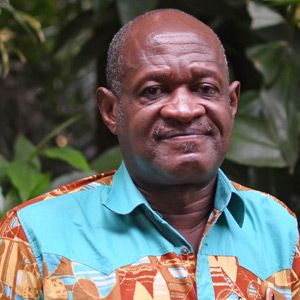Descriptions
Over the past 40 years, a number of countries in the world have adopted different models of community-based forestry (CBF). In 2016, FAO undertook a global review of CBF confirming that CBF remain a potent vehicle to protect and enhance natural capital, and build social/institutional, human and financial capital. It concluded that CBF often does not achieve its potential. Despite this, there are numerous noteworthy community forestry or smallholder forestry initiatives that can serve as excellent models for current and future projects.
In this project CIFOR collects 20 CBF success stories for the preparation of a synthesis report. The report will provide evidence of CBF effects on forest condition and local livelihoods, including their positive externalities, and will make recommendations on how to learn from the success in addressing emerging issues, such as forest restoration and climate change mitigation and adaptation, and for policy reforms and normative work.
The success stories shall outline innovations in all aspects of community-based forestry and particularly the innovations in legal reforms, institutional arrangements, forest producer organization, governance models, inclusivity with respect to the impoverished, gender, youth, and other vulnerable groups, use of technology for enhancing collective action or monitoring impact, advancing landscape level socio-economic impacts etc. Particular attention should be paid to the complex relation between natural and social/financial capital, to the manner of transforming one capital into another or making them interchangeable.






















